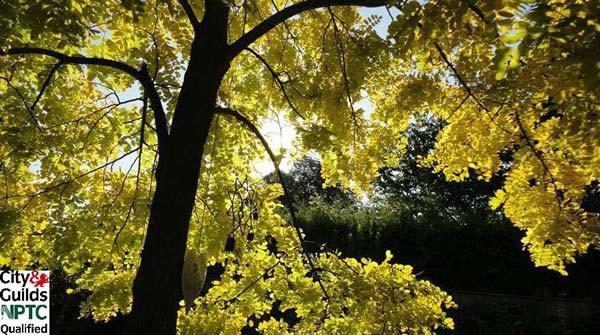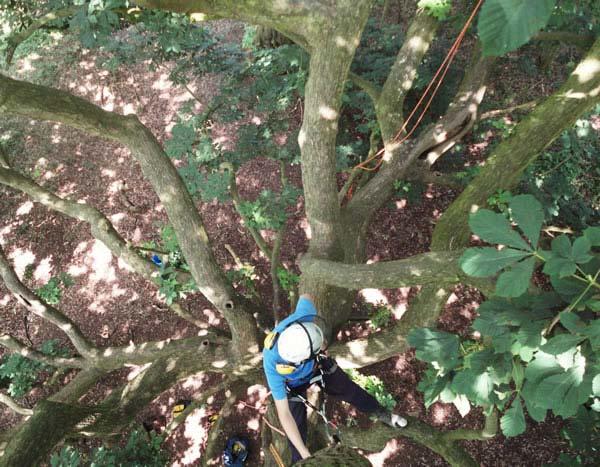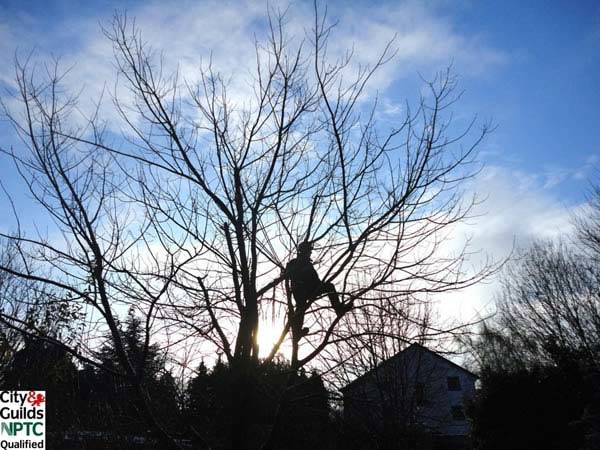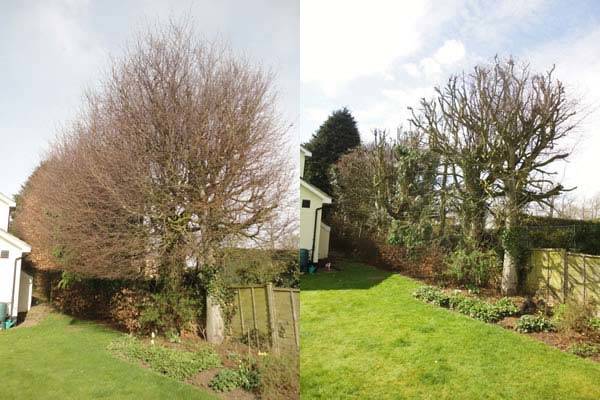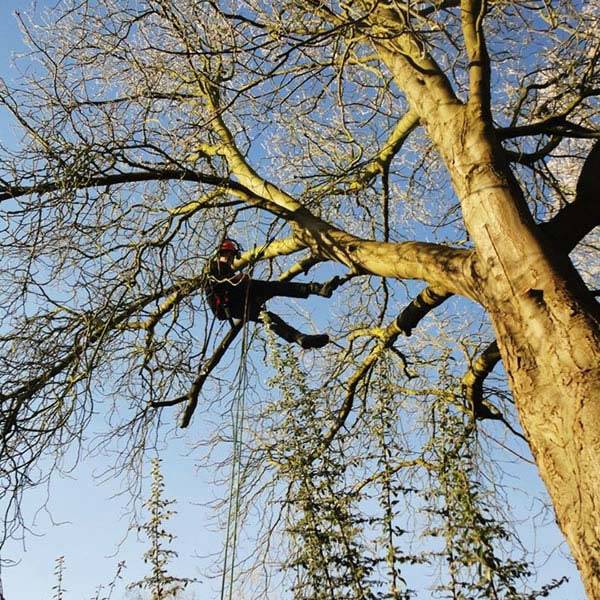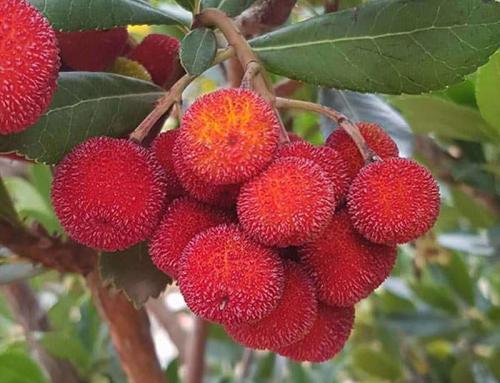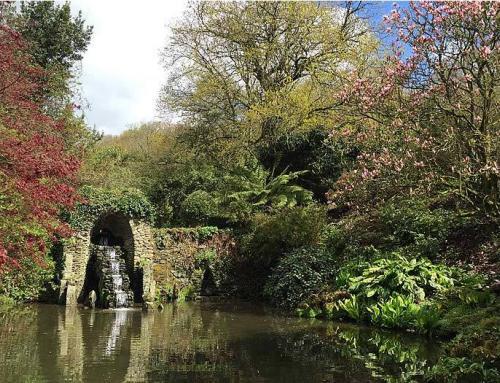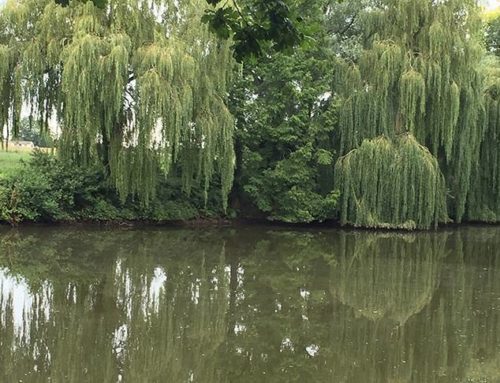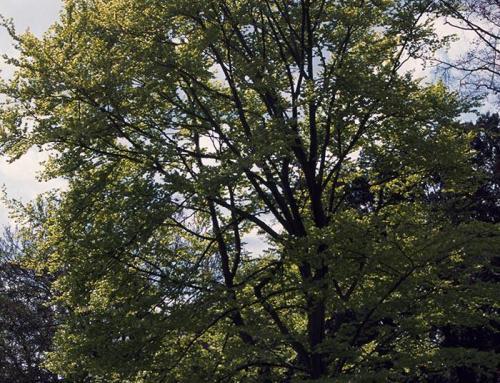There are many different types of tree pruning techniques. We’ve discussed Pleaching or espalliered trees and topiary in earlier blog posts – these are mainly used for ornamental purposes. Today, with the help of Tree Surgeons, we look at the management of larger trees – how to make sure your trees stay healthy and maintain their optimum size and shape by pollarding.
History of Pollarding
To “Poll” was originally a name for the top of the head, and “to poll” was a verb meaning “to crop the hair”.
Traditionally pollarding was preferred over coppicing in wood-pastures and other grazed areas. Coppicing was a problem for the woodsman who also owned livestock as the practise involves pruning woody plants or trees to almost ground level. As soon as coppice stools put on new growth, the new growth would grow at the same level as the pasture in the path of grazing animals. So the obvious solution was to pollard; a pruning technique where trees or woody shrub are pruned to a height out of reach from hungry animals.
Why We Pollard Trees
Nowadays pollarding is beneficial to our gardens for a wide range of reasons, it is an effective way to reduce the amount of shade cast by trees, it prevents trees from outgrowing their local environment and can also be necessary in urban situations where trees might hinder neighbouring properties or overhead cables.
Many different species of trees can be pollarded on a regular basis and in some cases it can be an effective way to rejuvenate a tree and to prolong its life. The best examples for pollarding include the broadleaves such as beeches (Fagus), oaks (Quercus), maples (Acer), hornbeams (Carpinus), planes (Platanus) and a few of the conifers, such as yews (Taxus).
When To Pollard a Tree
Pollarding is best carried out during the dormant winter months, when the leaves of deciduous trees have fallen, it’s much easier to see the shape you are creating and there’s less stress to the tree as there is minimal loss of sap. Insect and fungal infection is reduced during cold months, as these possible sources of infection are not active.
Of course there are always exceptions and Walnut trees are best pruned in July.
A qualified arborist can advise you on all aspects of tree pruning and tree care.
If you live in, or near, a conservation area, you should check with your local authority before performing any work on trees. Many mature trees are listed for conservation reasons and you may need to get planning permission for planned works.
About Monkey Puzzle
Monkey Puzzle Tree and Gardens is a family run company owned by brothers Ben and Arno van Heygen. Two guys who are passionate about trees, plants and garden design. They qualified in C & G, NPTC in Arboriculture at Otley College, Suffolk, having studied tree biology, tree identification, tree disease identification and management of disease in trees. They also worked at the Forestry Commission in Rendlesham, Shrubland Hall and Glevering Hall, Suffolk with professional skills in woodland maintenance and sustainable forestry. They have many years of experience in Horticulture and Garden Landscape Constructions with other professional garden landscapers around their hometown of Cambridge.
They are both very creative people and care about the quality of design and how design can enhance a space and enrich your life. Monkey Puzzle intends to expand its offering to include Garden Design, Horticulture and Arboriculture.
Monkey Puzzle Tree Surgeons cover Hertfordshire, Bedfordshire and Cuffley, in fact anywhere within 60 miles of Cambridge, for more details on their services or phone Ben today to discuss your tree or garden needs on 01223 968 123

